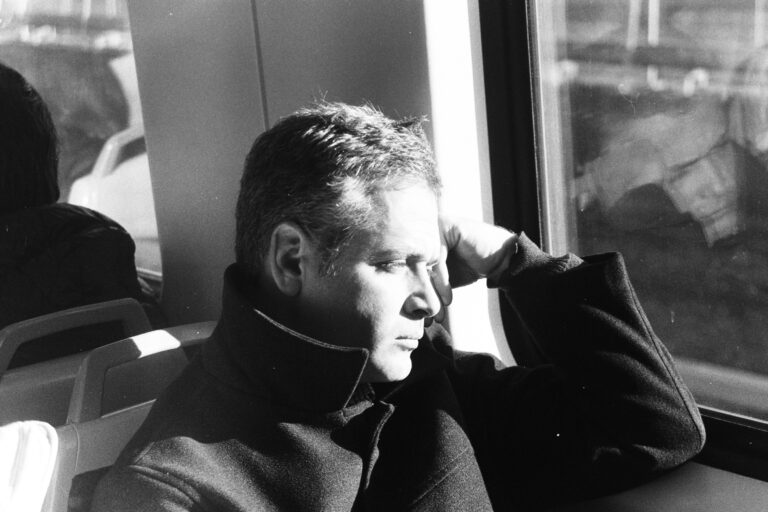The Real Truth About Getting What You Want in Life
Spiritual teachings often claim that desire is the root of suffering. Gurus suggest that because we cannot obtain everything we want, and even what we do attain is fleeting, desire breeds anxiety, despair, and frustration—essentially, suffering. But is this truly the case? Are these teachings talking about all desires, or do we need a deeper understanding?
What these teachings caution against is not desire itself, but rather our attachment to the outcomes of our desires. Desire, in essence, is not bad. Many of us have various desires in life. We want to be healthy, happy, loved, financially secure, excited, have fun, and achieve success. Everything we desire for ourselves, we also wish tenfold for our children.
**A (Achievement) = D (Desire) + B (Belief)**
The only variable that will determine whether a desire will be achieved is the belief that we can have what we want. You have everything in your life because, at some point, you believed you could have it. Conversely, you lack something you truly want because, at some level, you think you cannot have it.

What can lead us to believe we can't attain what we genuinely desire?
Limiting beliefs formed from childhood experiences and well-meaning advice from parents, friends, and society shape our programming or conditioning. As children, we have a fundamental need for love and acceptance. When these needs go unmet, our minds attempt to make sense of the situation and protect us by forming beliefs about the events. The three most common limiting beliefs are:
- I am not (smart, pretty, funny, popular, athletic, good) enough.
- What I want (love, safety, acceptance, abundance, success) is not available to me.
- I am different and can’t connect with others.
We internalize these beliefs at a subconscious level, and they become our reality.
For example, a 47-year-old client of mine, Suzie, was excluded and teased as a child. She grew up with certain beliefs about herself: She was excluded because she was not popular enough, and what she wanted—close friends who cared about her—was unavailable to her. Since she was treated this way, she believed she must be different from others.
She hesitated to pursue her dreams, convinced that what she desired was inaccessible, just as love and acceptance were in her childhood. As a result, she plays it safe, rarely stepping outside her comfort zone, which leaves her feeling bored, dissatisfied, and restless. She finds herself stuck in an unfulfilling career, too afraid to make a change.
Returning to the topic of desires, our beliefs and the persistence of our desires determine whether we will achieve what we want.
Most people find it easy to persist in their desires for financial abundance, professional success, and their children’s happiness. Where many struggle is in believing these things are truly available to them and that they are worthy of receiving them.
Reality does not respond to what we want; it responds to who we believe we are.
We must replace limiting beliefs and doubts about what is possible with more empowering beliefs that align with our highest aspirations and deepest desires.
By believing we are worthy of living the life of our dreams and embodying that state of our wishes fulfilled, we become magnets for our desires.

So, pay close attention to your beliefs because, in the end, they shape your reality.
Visit sanjkatyal.com to learn more.









